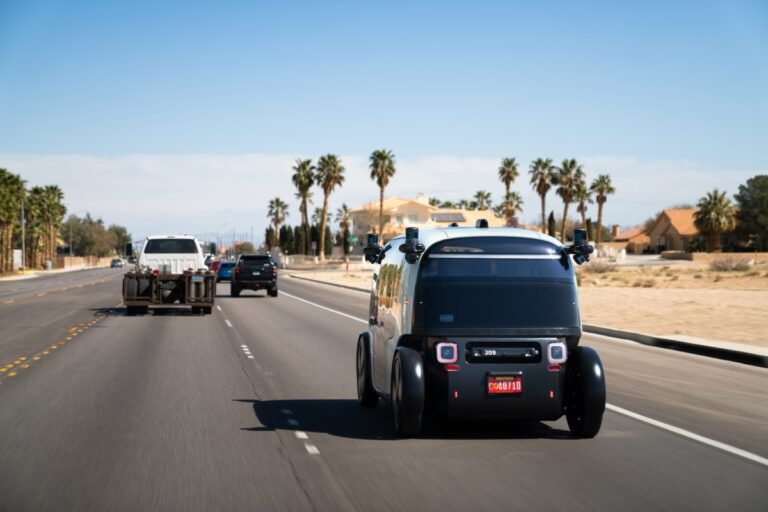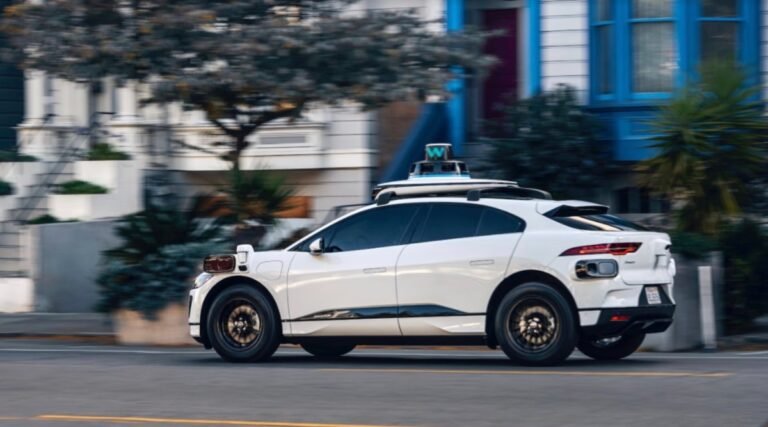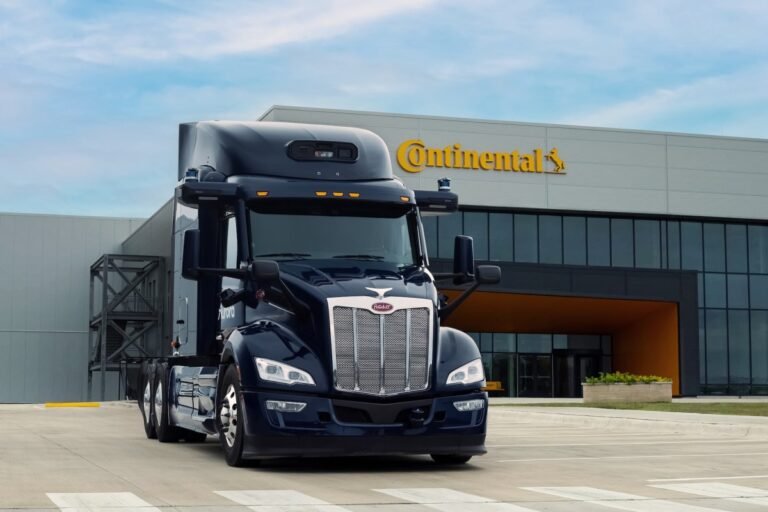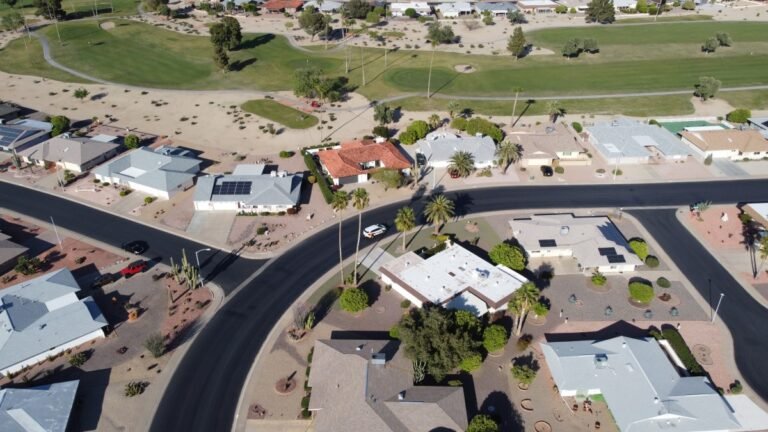
Cruise is redeploying robotaxis in Phoenix after nearly five months of paused operations, the company said in a blog post.
Cruise will resume manual driving of its autonomous vehicles to create maps and gather road information in certain cities, starting with Phoenix, the company said Tuesday.
Cruise has not announced when or where it will resume driverless operations.
The company’s main operations were historically based in San Francisco, but Cruise lost its permits to operate there following the accident.
Cruise began expanding its paid service area in the Phoenix area in August 2023.

Deal of the weekIf you’re looking for yet another example of investor enthusiasm for AI just take a look at the latest fundraise over at autonomous vehicle software company Applied Intuition.
Other deals that got my attention …Anaphite, a battery technology startup, raised £1.6 million ($2 million)via a government-backed grant investment led by Elbow Beach Capital.
Motional, the autonomous vehicle technology startup Motional, secured a bridge loan that provides a temporary financial reprieve as the company searches for a longer-term source of funding, TechCrunch exclusively learned.
Phantom Auto, a remote driving startup that launched seven years ago amid the buzz of autonomous vehicle technology, shut down after failing to secure new funding.
You might recall that VW’s autonomous vehicle ambitions were wrapped up in Argo AI, a startup backed solely by the automaker and partner Ford.

Waymo will begin offering a robotaxi service to the public in Los Angeles this week and in Austin by the end of the year, the company’s co-CEO Tekedra Mawakan said Wednesday at SXSW.
Opening up a robotaxi service means the public will be able to hail a ride in a driverless car via the Waymo One app.
Austin will become the fourth city where Waymo operates a commercial driverless service.
Waymo also operates a robotaxi service in Phoenix, San Francisco and soon Los Angeles.
Unlike Texas, regulators in California require companies hoping to deploy commercial robotaxi services to attain a number of permits.

Waymo will start letting its autonomous vehicles traverse Austin without a safety operator behind the wheel as of tomorrow, a crucial step before the company opens the program up to the public.
The company announced Tuesday that it will begin shuttling employees around 43 square miles of the Texas capital, including the Barton Hills, Riverside, East Austin and Hyde Park neighborhoods, as well as downtown Austin.
Waymo didn’t offer a timeline for when it plans to start offering autonomous rides to the citizens of Austin.
Waymo continues to steadily expand its autonomous ride-hailing program, which it calls Waymo One, even as other companies in the space have struggled.
Just last month, one of the company’s autonomous vehicles collided with a cyclist in San Francisco — an incident that the California Department of Motor Vehicles is investigating.

Aurora and automotive supplier Continental have wrapped up the first phase of a more than $300 million project to mass produce autonomous vehicle hardware for commercial self-driving trucks.
The two companies said Friday that the design and system architecture of an autonomous vehicle hardware kit is now complete.
Importantly, the hardware system has to be reliable, easy to maintain and produced cheaply.
Initially, these driverless trucks will carry freight between Dallas and Houston, a route the company has been using for testing.
While these first 19 driverless trucks won’t be equipped with the Aurora-Continental hardware kit, they are designed to automotive standards and to operate safely without a driver, according to Aurora spokesperson Rachel Chibidakis.

Autonomous vehicle company May Mobility has launched its first driverless on-demand microtransit service on public roads in Sun City, Arizona in partnership with transit tech company Via.
May’s strategy of integrating its autonomous microtransit service into existing public transit, in partnership with cities, has also laid the groundwork for future, more challenging deployments.
More recently, May launched an on-demand service in Grand Rapids, Michigan in partnership with Via.
Beep operates autonomous shuttles for resident transportation in the Lake Nona community in Florida and for public transportation in Peachtree Corners, Georgia.
Riders can book the on-demand ride-hail service through May Mobility’s app, available in Google Play and the Apple App Store.

Waymo has been steadily testing its autonomous Jaguar I-Paces without a human safety operator, and it is now ready to commercialize robotaxi services in its second California city. This is…










